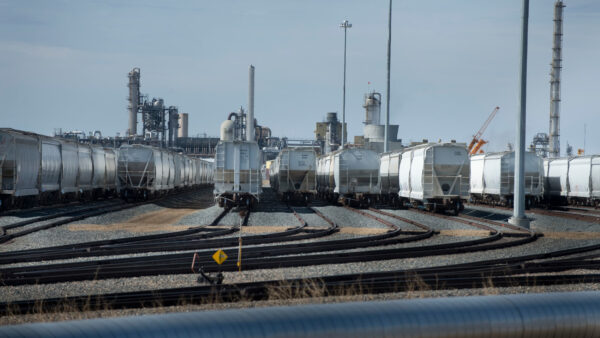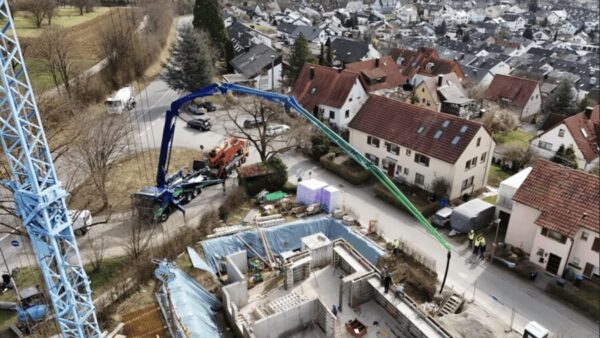The European Court of Auditors has warned that the 870km Rail Baltica scheme linking Estonia, Latvia and Lithuania will run over budget, miss its deadline and have doubtful economic value.
The watchdog announced its finding in a report last week that examined eight multi-billion schemes in the EU with a total cost of €54bn.
It found that the line would probably be completed in 2030, rather than the official deadline of 2026, and that its cost would be €7bn, significantly higher than its original €5bn budget, since revised to €5.8bn.
Worse still, the auditors suggest that a lack of demand for passenger and freight services may mean that the line will not be economically viable once completed.
During an online briefing, the court’s Oskar Herics explained that “the expected number of passengers of 4.6 million a year falls significantly short of the benchmark of 9 million passengers a year when compared to high-speed standards”.
Rimantas Sadzius, the Lithuanian member of the court, said the delay to the line was mainly the result of additional costs for the Kaunas-Vilnius link in Lithuania, a spur to Riga Airport in Latvia and a tram line in Tallinn, the capital of Estonia.
However, the court found that Rail Baltica was the best performing project of the eight it looked into, which included the high-speed line between Lyons and Turin, which has been beset by political difficulties, and the Danish Fehmarn Belt link to Germany, which has been slow to reach site.
Other schemes whose costs have increased were the Brenner Base Tunnel between Innsbruck, in Austria, and Fortezza, in Italy; the Basque Y high-speed rail scheme in northeast Spain; the Canal Seine Nord Europe in France; the A1 motorway between northern Poland and the Czech Republic and the E59 rail line between Poznan and Szczecin, also in Poland.
All these projects have budgets of between €5bn and €7bn.
The court commented that six of them are unlikely to be operating at full capacity before 2030, as originally planned. It said: “This will further postpone the completion of the core trans-European network and put at risk five of its nine corridors.”
Gytis Mazeika, Lithuania’s vice transport minister, responded that the Baltica link would be completed by 2026.
He said: “I want to reaffirm that Lithuania is ready to implement the project by 2026”, adding that “in order to achieve this target, Lithuania does not need to carry out any substantial project management reforms”.
He said Lithuania planned to select a contractor for the Rail Baltica section from Kaunas to the Latvian border this year and to start construction next year. For that purpose, Lithuania has already submitted an application for €328m in funding.
Image: PLH Arkitekter’s design for Riga’s Rail Baltica Station (Rail Baltica)
Further reading:










